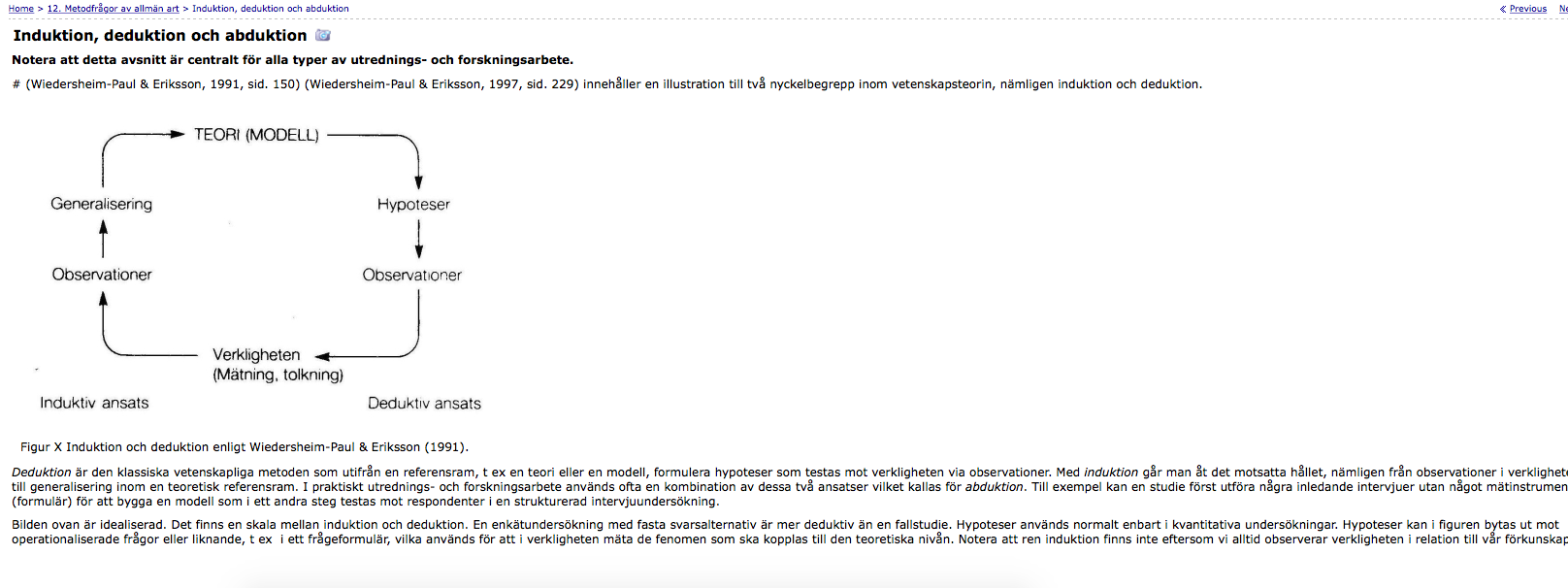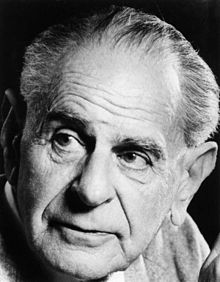Helheta / Gunilla Madegård
P H I L O S O P H Y OF S C I E N C E
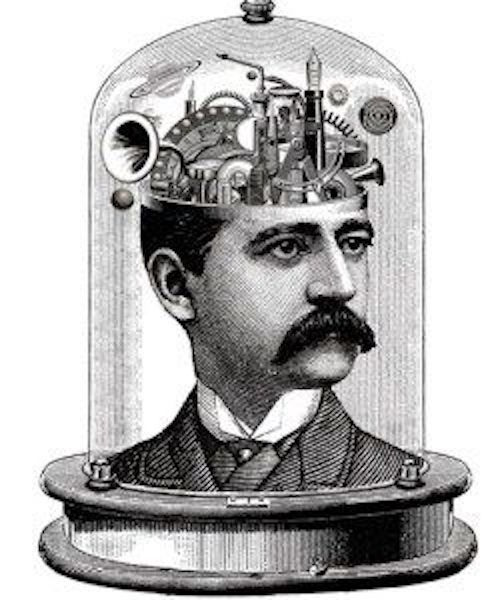
RELIGION OR SCIENCE - THAT`S THE QUESTION.
Some time ago Steve Hawkings announced that time has come to start planning for coming generations to have some other planet to go to, as this one soon will be impossible to inhabit.
Our new religion, we who boast ourselves of being so rational and reasonable, trusting Science instead of God, has apparently lead us like a veritable flock of sheep just to arrive at the position, out of which there is no retreat other than to emigrate to other planets, due to the fact that Science only after 500 years has bumped this planet into its bottom.
And yet its most devoted supporters continue to claim that their Holy Church of Science consists of a perfect faultless system, with inherit regulators correcting its errors by itself.
Therefore some of our questioning in the investigation of the sjubject of philosophy of science will be; In what way does world view and science coalesce? And are there anything such as value neutral facts and theories?
And as the subject in focus on this Website is the relevance of the established science in comparison with modern matriarchal studies my attempt is to grapple with the very strange attitude, which I don´t find compatible with a correct scientifical approach, but sooner to "resist facts", pursued by the established western archaeologists as well as some of the anthropologists and religionhistorian, claiming to represent consensus among the majority of scientists, although I strongly doubt that, which I have callenged on my page; No there is no consensus.
The Swedish religion historian fil. lic. Erik Rodenborg has well described these inadequences in his analyses on his Website. Just some of is translated into English though. The Norwegian religion historian Maria Kvilhaug is one of those who has discovered the brigthness of his writings and made a summory of the article about Gimbutas´ critics and translated it into Egnglish: Defence of Marija Gimbutas´thesis of Old Europe
His own writings in Swedish: Gimbutas och hennes kritiker
I will also recommend these two critical articles in RAG; Radical Anthropology Journal, in England;
Has the key social science lost its way? written by the professor emeritus Brian Morris at Goldsmiths College, University of London. Brian Morris is the author of Religion and Anthropology, A Critical Introduction (Cambridge University Press 2006).
And the article by Lionel Sims; Stonehenge: Monument of Counterrevolution, which reveals the lack of a constructive approach in the estblished research i arcaeology /anthroplogy and religion history regarding the studies of the megalith cultures - an area that has been greatly misunderstood and / or not invistigated at all, before.
I will return to both of these articles later as well as Erik Rodenborgs later.
Regarding the culture of excluding dissidents from the hegemonic paradigm at the established academies there has also been written quite a lot that´s worth focusing on this pages about philosophy of science:
Helena Larsson:
Känslor, Narration och Hegemoni
Olika perspektiv på diskussionen om Marija Gimbutas’ teorier
Heide Göttner-Abendroth et al:
Also the Swedish mathematician and physisist Helena Granström pursues a very interesting critical view on science, which reminds a lot of the ecofeminism that Elisabet Hermodsson represented.
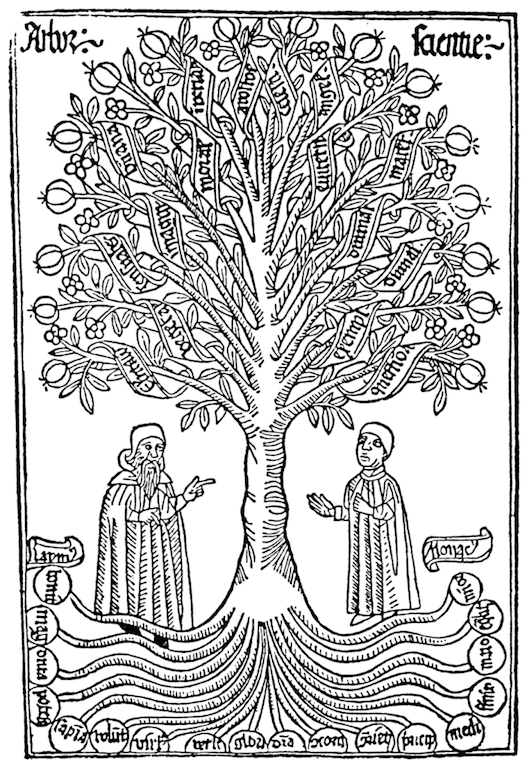
WHAT IS SCIENTISM?
"A scientist, my dear friends, is a man who foresees; it is because science provides the means to predict that it is useful, and the scientists are superior to all other men".
–Henri de Saint-Simon
Scientism is a rather strange word, but for reasons that we shall see, a useful one. Though this term has been coined rather recently, it is associated with many other “isms” with long and turbulent histories: materialism, naturalism, reductionism, empiricism, and positivism. Rather than tangle with each of these concepts separately, we’ll begin with a working definition of scientism and proceed from there.
Historian Richard G. Olson defines scientism as:
1 Efforts to extend scientific ideas, methods, practices, and attitudes to matters of nonhuman social and political concern.
But this formulation is so broad as to render it virtually useless.
Philosopher Tom Sorell offers a more precise definition:
2. Scientism is a matter of putting too high a value on natural science in comparison with other branches of learning or culture.
MIT physicist Ian Hutchinson offers a closely related version, but more extreme:
3. Science, modeled on the natural sciences, is the only source of real knowledge.
The latter two definitions are far more precise and will better help us evaluate scientism’s merit.
A HISTORY OF SCIENTISM
The Scientific Revolution
The roots of scientism extend as far back as early 17th century Europe, an era that came to be known as the Scientific Revolution. Up to that point, most scholars had been highly deferent to intellectual tradition, largely a combination of Judeo-Christian scripture and ancient Greek philosophy. But a torrent of new learning during the late Renaissance began to challenge the authority of the ancients, and long-established intellectual foundations began to crack. The Englishman Francis Bacon, the Frenchman Rene Descartes, and the Italian Galileo Galilei spearheaded an international movement proclaiming a new foundation for learning, one that involved careful scrutiny of nature instead of analysis of ancient texts.

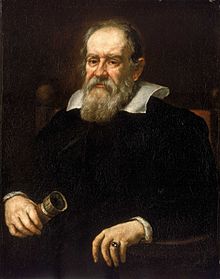

René Descartes (1596 – 1650) Galilei Galileo (1564 -1642) Francis Bacon (1561 – 1626)
Descartes and Bacon used particularly strong rhetoric to carve out space for their new methods. They claimed that by learning how the physical world worked, we could become “masters and possessors of nature.”(4) In doing so, humans could overcome hunger through innovations in agriculture, eliminate disease through medical research, and dramatically improve overall quality of life through technology and industry. Ultimately, science would save humans from unnecessary suffering and their self-destructive tendencies. And it promised to achieve these goals in this world, not the afterlife. It was a bold, prophetic vision.
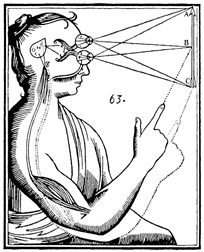
As this new method found great success, the specter of scientism began to emerge. Both Bacon and Descartes elevated the use of reason and logic by denigrating other human faculties such as creativity, memory, and imagination. Bacon’s classification of learning demoted poetry and history to second-class status. (5) Descartes’ rendering of the entire universe as a giant machine left little room for the arts or other forms of human expression. In one sense, the rhetoric of these visionaries opened great new vistas for intellectual inquiry. But on the other hand, it proposed a vastly narrower range of which human activities were considered worthwhile.
The Enlightenment

A century later, many of the Enlightenment intellectuals continued their love-affair with the power of natural science. They claimed that not only could science enhance the quality of human life, it could even promote moral improvement. The Encyclopedist Denis Diderot aimed to collect, organize, and preserve all human knowledge so that “our children, becoming better instructed, may become at the same time more virtuous and happy.”7 Many of the French philosophers even claimed that science could be a substitute for religion. In fact, during the French Revolution, numerous Catholic churches were converted into “Temples of Reason” and held quasi-religious services for the worship of science.8
About the picture: Our Lady's Cathedral in Strasbourg - Temple of Reason
Stich aus J. Ch. Dieterich: Revolutions-Almanach von 1795. Göttingen 1794, ad p. 327, Bildtext: "Der alte Münster in Strasburg als Tempel der neufranzösischen Vernunft."
Positivism
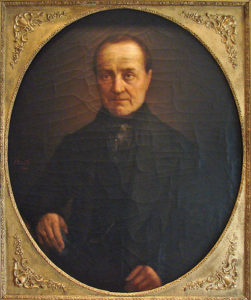
The 19th century witnessed the most powerful and enduring formulation of scientism, a system called positivism. Its founder was August Comte, who built his positive philosophy from a deep commitment to David Hume’s empiricism and skepticism. Comte claimed that the only valid data is acquired through the senses. Nothing was transcendent, and nothing metaphysical could have any claim to validity (8). The task of scientists was twofold—first, to demonstrate how all phenomena, including human behavior, are subject to invariable natural laws (9). Second, they would reduce these natural laws to the smallest possible number, and ultimately unify them under the laws of physics (10)

Comte also had a clear sense of the trajectory of intellectual history, which he called The Law of Three Stages: Each branch of knowledge passes through three stages: the theological or fictitious, the metaphysical or abstract, and lastly the scientific or positive state. He believed that through the continual advancement of human understanding, religion would fade away, philosophy and the humanities would be transformed into a naturalistic basis, and all human knowledge would eventually become a product of science. Any ideas outside that realm would be pure fantasy or superstition.
Logical Positivism
Positivism did not lose its appeal in the 20th century. To the contrary, a group known collectively as The Vienna Circle reinvigorated the fundamental tenets of positivism with enhanced symbolic logic and semantic theory. They called their approach, fittingly, logical positivism. In this system, there are only two kinds of meaningful statements: analytic statements (including logic and mathematics), and empirical statements, subject to experimental verification. Anything outside of this framework is an empty concept. (11)
Given its sweeping claims, logical positivism came under heavy scrutiny. Karl Popper pointed out that few statements in science can actually be completely verified. However, a single observation has the potential to invalidate a hypothesis, and even an entire theory. Therefore, he proposed that instead of experimental verification, the principle of falsifiability should demarcate what qualified as science, and by extension, what can qualify as knowledge. (add footnote here and renumber)
Another weakness of the positivist position is its reliance on a complete distinction between theory and observation. Observations, essential to the empirical approach of science, were claimed by positivists to be brute facts which one could use to establish, evaluate, and compare the theories. However, W.O. Quine pointed out in his “Two Dogmas of Empiricism” that observations themselves are partly shaped by theory (“theory-laden”). (12) What counts as an observation, how to construct an experiment, and what data you think your instruments are collecting—all require an interpretive theoretical framework. This realization does not deal a death-blow to the practice of science (as some post-modernists like to claim), but it does undermine the positivist claim that science rests entirely on facts, and is thus an indisputable foundation for knowledge.
The Vienna Circle
From the left to the right:
Moritz Schlick, Rudolf Carnap, Otto Neurath, Hans Hahn and Philipp Frank.


Scientism of Today
Scientism today is alive and well, as evidenced by the statements of our celebrity scientists:
“The Cosmos is all that is or ever was or ever will be.”
–Carl Sagan, Cosmos
“The more the universe seems comprehensible, the more it also seems pointless.”
–Stephen Weinburg, The First Three Minutes
“We can be proud as a species because, having discovered that we are alone, we owe
the gods very little.”
–E.O. Wilson, Consilience
While these men are certainly entitled to their personal opinions and the freedom to express them, the fact that they make such bold claims in their popular science literature blurs the line between solid, evidence-based science, and rampant philosophical speculation.
Whether one agrees with the sentiments of these scientists or not, the result of these public pronouncements has served to alienate a large segment of American society. And that is a serious problem, since scientific research relies heavily upon public support for its funding, and environmental policy is shaped by lawmakers who listen to their constituents. From a purely pragmatic standpoint, it would be wise to try a different approach.

Physicist Ian Hutchinson offers an insightful metaphor for the current controversies over science:
“The health of science is in fact jeopardized by scientism, not promoted by it. At the very least, scientism provokes a defensive, immunological, aggresssive respons from other intellectual communities, return for its own arrogance and intellectual bullyism. It taints science itself by association.” (13)
Noting that most Americans enthusiastically welcome scientific advancements, particularly those in health care, transportation, and communications, Hutchinson suggests that perhaps what the public is rejecting is not actually science itself, but a worldview that closely aligns itself with science—scientism (14). By disentangling these two concepts, we have a much better chance for enlisting public support for scientific research than we would by trying to convince millions of people to embrace a materialistic, godless universe in which science is our only remaining hope.

Distinguishing Science from Scientism
So if science is distinct from scientism, what is it?
Science is an activity that seeks to explore the natural world using well-established, clearly-delineated methods. Given the complexity of the universe, from the very big to very small, from inorganic to organic, there is a vast array of scientific disciplines, each with its own specific techniques. The number of different specializations is constantly increasing, leading to more questions and areas of exploration than ever before. Science expands our understanding, rather than limiting it.
Scientism, on the other hand, is a speculative worldview about the ultimate reality of the universe and its meaning. Despite the fact that there are millions of species on our planet, scientism focuses an inordinate amount of its attention on human behavior and beliefs. Rather than working within carefully constructed boundaries and methodologies established by researchers, it broadly generalizes entire fields of academic expertise and dismisses many of them as inferior. With scientism, you will regularly hear explanations that rely on words like “merely”, “only”, “simply”, or “nothing more than”. Scientism restricts human inquiry.
It is one thing to celebrate science for its achievements and remarkable ability to explain a wide variety of phenomena in the natural world. But to claim there is nothing knowable outside the scope of science would be similar to a successful fisherman saying that whatever he can’t catch in his nets does not exist (15). Once you accept that science is the only source of human knowledge, you have adopted a philosophical position (scientism) that cannot be verified, or falsified, by science itself. It is, in a word, unscientific.
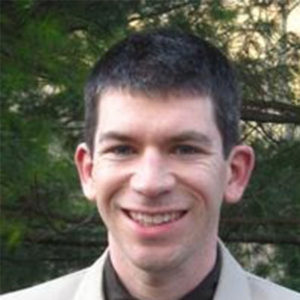
NOTES
1. Olson, Richard G. Science and Scientism in Nineteenth-Century Europe. Urbana, University of Illinois Press, 2008.
2. Sorell, Tom. Scientism: Philosophy and the Infatuation with Science. New York: Routledge, 1991.
3. Hutchinson, Ian. Monopolizing Knowledge: A Scientist Refutes Religion-Denying, Reason-Destroying Scientism. Belmont, MA: Fias Publishing, 2011.
4. Descartes, Rene. Discourse on Method
5. Sorell, p176
6. Sorell, p35
7. Ozouf, Mona (1988). Festivals and the French Revolution. Harvard University Press
8. Zammito, John H. A Nice Derangement of Epistemes : Post-Positivism in the Study of Science from Quine to Latour. Chicago: University of Chicago Press, 2004.
9. This view is a form of strict determinism, and current popularizers of continue to enthusiastically endorse it. Perhaps they are “determined” to do so?
10. This view is a form of extreme reductionism, also widely endorsed by current popularizers of science.
11. Zammito, p8
12. Popper, Karl. Logic of Scientific Discovery. 1959)
13. For an extended discussion, read Zammito’s chapter “The Perils of Semantic Ascent: Quine and Post-positivism in the Philosophy of Science” in A Nice Derangement of Epistemes
14. Hutchinson, p143
15. Hutchinson, p109
16. Giberson, Karl, and Mariano Artigas. Oracles of Science: Celebrity Scientists Versus God and Religion. Oxford: Oxford University Press, 2009.
__________________________________________________________________________________________________
Thus, ladies & gentlemen it´s time for CHANGE!
A NEW WORLD VIEW HAS TO REPLACE THE OLD MECANISTIC ONE!
A statement by Charlene Spretnak from her book:
The Resurgence Of The Real: Body, Nature, And Place In A Hypermodern World(Addison-Wesley, NY, 1997, pp. 83-84),
suggested as appropriate after the fact to a New York Academy of Sciences Conference on "The Flight from Science and Reason" (June 1995):
"Fellow citizens, reality has turned out to be a lot more complex than we thought. Our tradition, always conscientious and hard-working, clung so fiercely to the mechanistic, reductionist model of the natural world for 300 years that we got a lot wrong. Throughout this century, however, we’ve been gradually correcting our orientation. Now, with the breakthroughs of the new sciences, we’re making many exciting discoveries about the subtle interconnectedness in and among our bodies, nature, the biosphere, and the whole universe. This brings us a new respect, which we hope you’ll share, for other traditions that perceived that sort of interrelatedness all along, such as religion, art, and native peoples’ worldviews.
Just because the natural world is composed of all kinds of subtle processes, however, is no reason to be taken in by people claiming to have superhuman connections to that level of reality. Please be wary of such charlatans, who seem to be on the increase recently.
Our whole society is going through a postmodern transition, a massive sorting process in which we scientists are applying our new knowledge to all kinds of phenomena that were simply denied by the mechanistic model. The complexity of non-linear systems! Who’da thunked it, eh? We’re in a real learning mode these days, but we want to proceed carefully. We want to be more open-minded than the mechanistic model allowed us to be in the past, but we will remain rigorous in our reexamination of our perceptions of the natural world. We hope you’ll appreciate that rigor because we don’t want to replace old misconceptions with new ones.
Finally, we want to drop the pretense that science is beyond human foibles, as if the scientific method were some sort of transcendent mode of gaining knowledge. Like all other fields of human endeavor, science is subject to political pressures, internal trends, and cultural influences. Moreover, there’s no getting around the fact that science sold itself to political ideologies, militarism, and corporate interests on many occasions. Yet we have the same split within our profession as that in the general public about the morality of such projects: Are they high-minded patriotism or mere opportunism with a Faustian zing?
Also, we no longer want to claim that scientific knowledge is the only valid kind. Our past arrogance was unwarranted and insulting to nonscientists. Clearly, any grandmother in the ghetto knows more about child development than did the Skinnerian behaviorists, to cite just one example of our "misplaced concreteness."
Our hope is that scientific knowledge will be recognized and honored as a well-intentioned and painstaking exploration of the Earth community and the universe. As we enter the new millennium, we hope to do a better job of sharing with the public all the amazing things we are learning about nature -- from the "memory" in cell behavior, to the moons of Jupiter. We believe that art, religion, and science are all humble explorations of our awe-inspiring cosmos. They need not be strangers any longer."
____________________________________________________________________________

